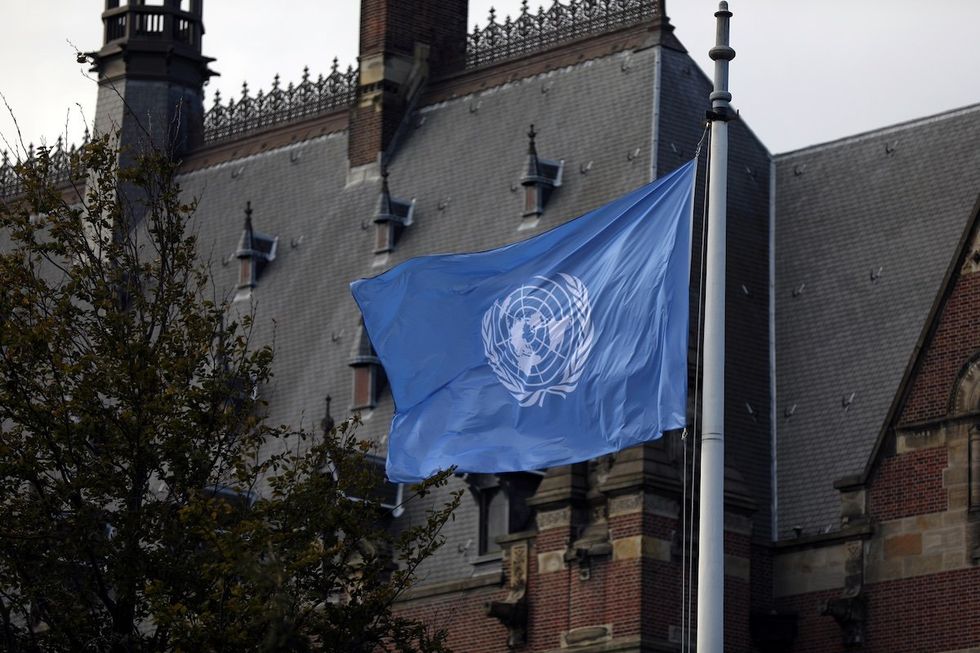84: Is Israel committing a genocide in Gaza? The International Court of Justice gets to decide beginning Thursday, when South Africa presents an 84-page accusation that Israel’s response to Hamas’ Oct. 7 attacks violates the 1948 UN Convention on Genocide by aiming to destroy “a substantial part” of the Palestinian population. Israel says the charge is “morally repugnant,” and it will have an opportunity to defend itself before the court, which comprises 15 international judges, plus one each from Israel and South Africa.
6: Germany has resumed arms exports to Saudi Arabia, six years after suspending all weapons shipments over the murder of dissident Saudi journalist Jamal Khashoggi, who US intelligence says was killed on Crown Prince Mohammed bin Salman’s demand. This week, Berlin also removed its long-standing objection to exports of European fighter jets to the Kingdom. German Foreign Minister Annalena Baerbock said the threat of regional war after Oct. 7 had changed Berlin’s position.
5: Cubans are bracing for a crushing blow as the government-set price for fuel will rise fivefold at the end of January, sending the price of a liter of regular gasoline from 25 to 132 pesos. Havana says it has no choice: It needs to close spending deficits and keep cash available to pay for imports. Cuba is currently mired in a deep economic crisis, as chronic economic mismanagement and US sanctions have undermined its post-pandemic recovery. As a result, over the past two years, nearly 4% of the island’s population has fled abroad.
51 billion: Governments and companies in emerging markets – a broadly defined group of middle income countries – have issued a record $51 billion worth of debt in the first days of 2024, led by huge issuances from Saudi Arabia, Mexico, and Indonesia. Why now? Markets believe that with inflation subsiding the US Fed will start cutting rates this year. That means the yields on US treasuries will fall, making them less attractive compared to emerging market assets. EM issuers are taking advantage of that interest while it lasts.


















